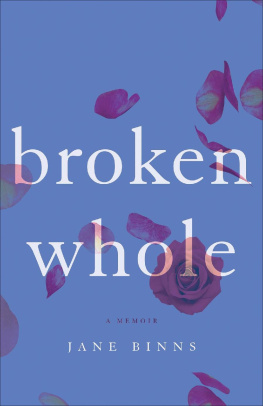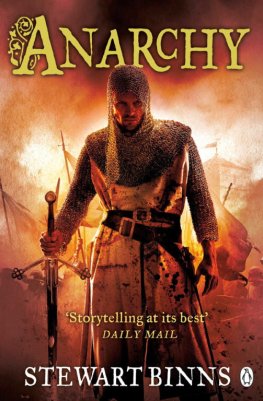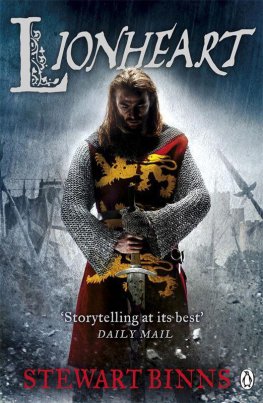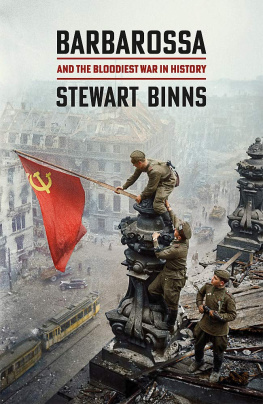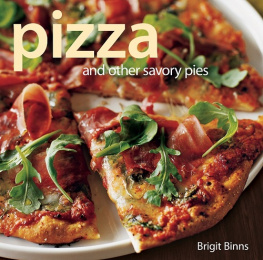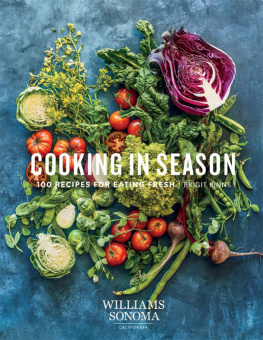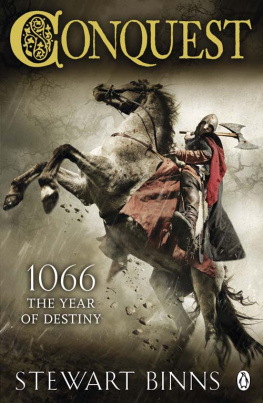PRAISE FOR
Broken Whole
Binns writing style is both canny and witty. In these pages, the author genuinely relates her suffering and how she safeguarded her sons welfare, and the book ends strongly on a ray of hope.
Kirkus Review
Without Death, St. Thomas Aquinas suggests, Life would have no meaning. Too difficult to know just whats what in all the happening that keeps happening. Jane Binns, in her meaningful memoir Broken Whole, draws in purposeful parentheses around a lively percolating period of her life, expertly drawing out some fractured yet finely finished order from the daily chaos. Clairvoyant and courageously clear-eyed, poetic and prosaic, relentless and revelatory, Broken Whole is expert negotiating these paradoxical sutures and conveys, in breathtaking detail, a mean golden mean of the aforementioned meaning.
Michael Martone, author of Michael Martone and Brooding
In this postHarvey Weinstein world, were all hurt and wounded. Broken Whole is a courageous step toward a better tomorrow, when men and women can begin to be more honest, loving, and more forgiving toward one another. I laughed when my heart wasnt breaking. Ill never look at myself the same again.
David Madgalene, author of Call Down the Angel
In her relentless search for love, Binns is never afraid to take a detour for a little fun and a good story. As she navigates the lust, loss, and laughs of dating, her sharp eye and tongue are as often turned on herself as on the men she encounters. Searingly honest, Binns insists on finding hope amidst the heartbreak.
Lisa Birman, author of Colorado Literary Fiction Awardwinning How to Walk Away
BROKEN
WHOLE

Copyright 2018 Jane Binns
All rights reserved. No part of this publication may be reproduced, distributed, or transmitted in any form or by any means, including photocopying, recording, digital scanning, or other electronic or mechanical methods, without the prior written permission of the publisher, except in the case of brief quotations embodied in critical reviews and certain other noncommercial uses permitted by copyright law. For permission requests, please address She Writes Press.
Published 2018
Printed in the United States of America
ISBN: 978-1-63152-433-2 pbk
ISBN: 978-1-63152-434-9 ebk
Library of Congress Control Number: 2018945617
For information, address:
She Writes Press
1569 Solano Ave #546
Berkeley, CA 94707
She Writes Press is a division of SparkPoint Studio, LLC.
Book design by Stacey Aaronson
All company and/or product names may be trade names, logos, trademarks, and/or registered trademarks and are the property of their respective owners.
Quote from John Calvi printed with permission.
Names and identifying characteristics have been changed to protect the privacy of certain individuals.
For CAM
May you already know you are whole.

This is my recollection of events that took place over the years 20012014. I wrote this collection of essays to unravel a mystery, to stop wondering and hurting, and to laugh again at what was funny then and continues to be funny now. The names of everyone in these pages have been changed to protect the innocent.
PREFACE
I spoke my name three times and waited for the readers to begin. It was a Wednesday evening in 2002. I was thirty-five years old. Our class had just finished the opening meditation, and now we would begin looking clairvoyantly at each other. The process of reading energy validated the readee as well as the reader because what was seen was often a reflection of what was ready to be released. We then turned our attention toward letting go of what was not working for us anymore. Our teacher repeated what the readers were to look at: Notice where energy is stuck when she speaks. Look at the fifth chakra, her communication space. Just notice what you notice.
I see a picture of you when you were about three years old, one of the three readers said. You are standing. You feel abandoned, afraid. When you feel this way, you freeze. You cant say anything. I cant see exactly what happened. You were little, and no one was there for you.
I held myself still. Her words resonated deeply, but I couldnt remember anything. I thought she had the age wrong. No memory came.
The readers offered a healing to help me begin the process of letting go of what made me freeze when I felt abandoned. I accepted. The purpose of the class was not to remember. It was to let go so each of us could be in present time at our current ages and not stuck in a memory from our lives that happened many years before. In fact, it helped if you couldnt remember, because then there wouldnt be attachment to the memory. We were told this often.
Too often, however, I needed to remember in order to let go. It was like returning a book to the library, settled, back in its place on the shelf. I felt better if I knew what it was I was letting go of.
Later that night, after I had gotten home, I remembered. The memory played before me like a short film. I credited it for how Id felt frequently in recent days: frozen, unable to speak, abandoned. And now those feelings and inability to react had a point of origin. Shock and relief overwhelmed me. I didnt know what to do with this information. I didnt know what to do next, or how to feel. I didnt know how to unwind and disentangle myself from my instinctive reaction of shutting down when I felt abandoned. I had had years of practice in responding the same way without knowing why. It wasnt going to be easy to simply let it go and create a new response. I had to first recognize the shape of feeling abandoned. I had to see what people and circumstances I allowed into my life and how this fostered the continuous sense of isolation or allowed me to trust.
This makes it sound as though I went about this in a calculating scientific manner, like I was excising a tumor and examining it for cancer. I didnt. While on the one hand I recognized the magnitude of this event and its impact on my life, on the other, I disregarded its reach and pretended I had indeed been able to let it go.
But the truth was, I couldnt.
In 2001, after twelve years of marriage, I left my husband. I was nearly thirty-four. Our son had just turned two.
My husband was a nice man. He went grocery shopping, he did laundry, he was steadily employed, he was loyal, and he was an attentive lover. He also had a refreshing sense of humor that came in surprising, inimitable flashes. This part of him, his humor, was an adhesive to which I returned time and again as a reason to stay over the years. When I doubted, laughter restored my hope that we could last.
We met at Big Ten Party Store in Ann Arbor, Michigan, where we both worked. We were students in college: he was attending the University of Michigan as a political science major, and I was finishing up at Eastern Michigan University with a degree in piano performance and a minor in creative writing. We used to stand in the beer-making supplies aisle and talk. I loved how he would look up and to one side just before he said something witty, and how his eyes twinkled as he did it.
I got to work by riding my bike. That and the city bus. Occasionally, my mother would pick me up. Soon enough, Matt began giving me rides home.
The night I asked him out on a date, he leapt up on the back counter where I worked and stretched his arms out while he sang. There was no way I was not going to love him.
Next page
